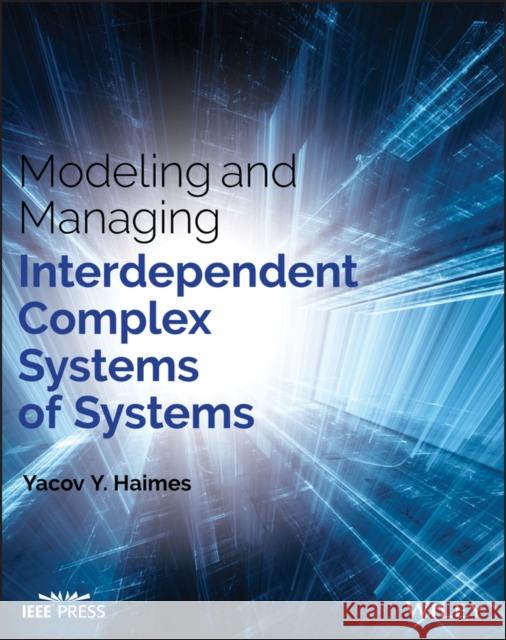Modeling and Managing Interdependent Complex Systems of Systems » książka
topmenu
Modeling and Managing Interdependent Complex Systems of Systems
ISBN-13: 9781119173656 / Angielski / Twarda / 2018 / 528 str.
Kategorie:
Kategorie BISAC:
Wydawca:
Wiley
Język:
Angielski
ISBN-13:
9781119173656
Rok wydania:
2018
Numer serii:
000416198
Ilość stron:
528
Waga:
1.09 kg
Wymiary:
23.11 x 15.75 x 3.3
Oprawa:
Twarda
Wolumenów:
01
Dodatkowe informacje:
Bibliografia











